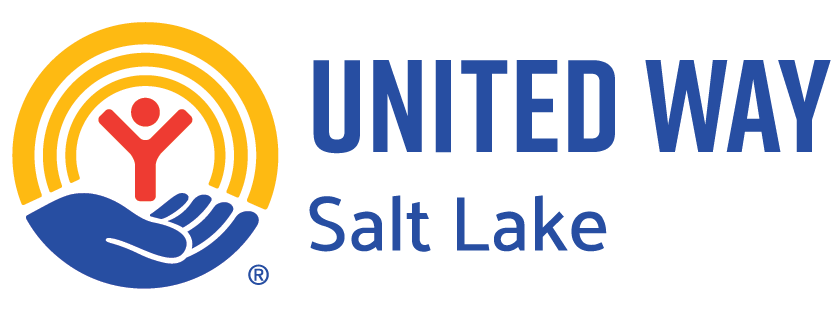 by Chris Ellis
by Chris Ellis
Partnership Director, Early Learning Outcomes
The Early Learning Network (ELN) is focused on two outcomes for all children in our community: 1) increasing the number of children who are demonstrating age-appropriate development, and 2) entering kindergarten ready to learn.
This group has developed, scaled, and aligned numerous strategies that have supported these main objectives. One issue, however, that has impeded the group’s ability to increase age-appropriate development rates in Utah, is the lack of baseline data that is representative of a given area. The group has implemented known interventions that have proven results, but has yearned to know about the impact of these strategies. In the past, it had been difficult to collect and store data from developmental screeners, so that the group can have access to this important information. Recently, however, through the group’s Collective Impact work and a partnership with the Department of Health, we have been able to collect and better understand the data from a specific developmental screener, the Ages and Stages Questionnaire (ASQ). With this data, the group is developing a strategy to more effectively address the needs of screened children and increase the number of children who receive the screener.
 So, what is the ASQ? The ASQ is a developmental and social-emotional screener that monitors a child’s growth in five domains. This screener emphasizes the parent-child connection and relies on a parent’s knowledge of their child’s development. The ELN will use the data from the ASQ to better understand the development of children in the five domains in our communities, and develop and tailor strategies to support the needs indicated by the scores. The group will also conduct outreach to providers and pediatricians who are not currently screening children to share with them the importance of tracking a child’s growth through these screeners.
So, what is the ASQ? The ASQ is a developmental and social-emotional screener that monitors a child’s growth in five domains. This screener emphasizes the parent-child connection and relies on a parent’s knowledge of their child’s development. The ELN will use the data from the ASQ to better understand the development of children in the five domains in our communities, and develop and tailor strategies to support the needs indicated by the scores. The group will also conduct outreach to providers and pediatricians who are not currently screening children to share with them the importance of tracking a child’s growth through these screeners.
To further this work, the group is developing a community assessment to share with providers, pediatricians, and other organizations who work directly with young children. The intent of this assessment is to gain knowledge about the current processes behind ASQ administration, learn how providers are connecting children to services based on their scores, and increase the number of organizations that are screening children with the ASQ.
 This is exciting progress for the ELN and it would not be possible without the vital Collective Impact partnerships that drive our shared work. Thank you to all of the partners who have, and will contribute to this project, that will ultimately allow us to better serve all children in our community.
This is exciting progress for the ELN and it would not be possible without the vital Collective Impact partnerships that drive our shared work. Thank you to all of the partners who have, and will contribute to this project, that will ultimately allow us to better serve all children in our community.

